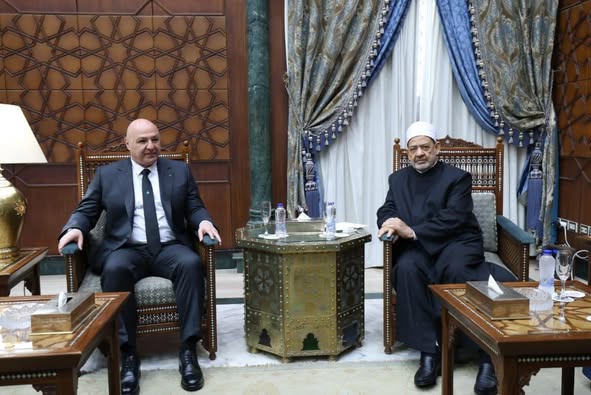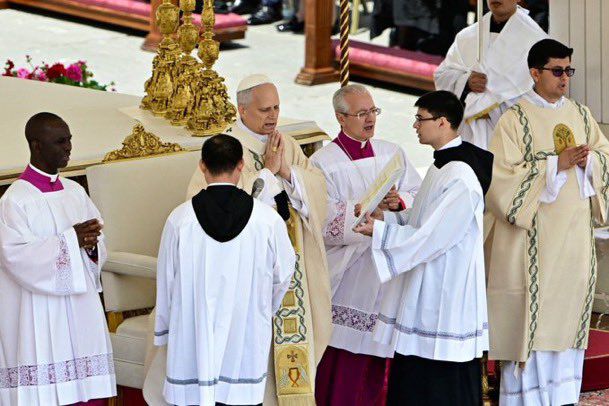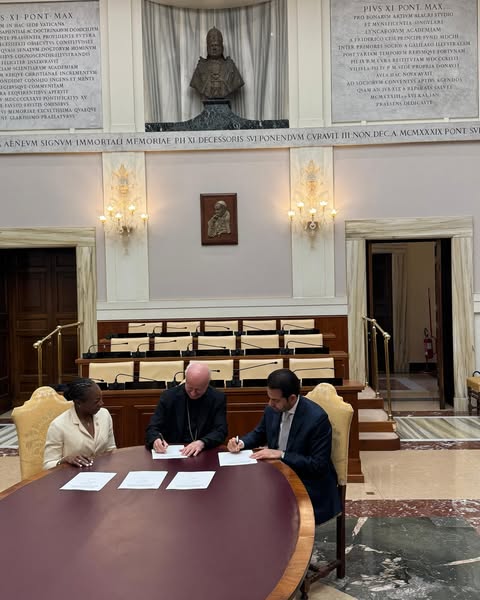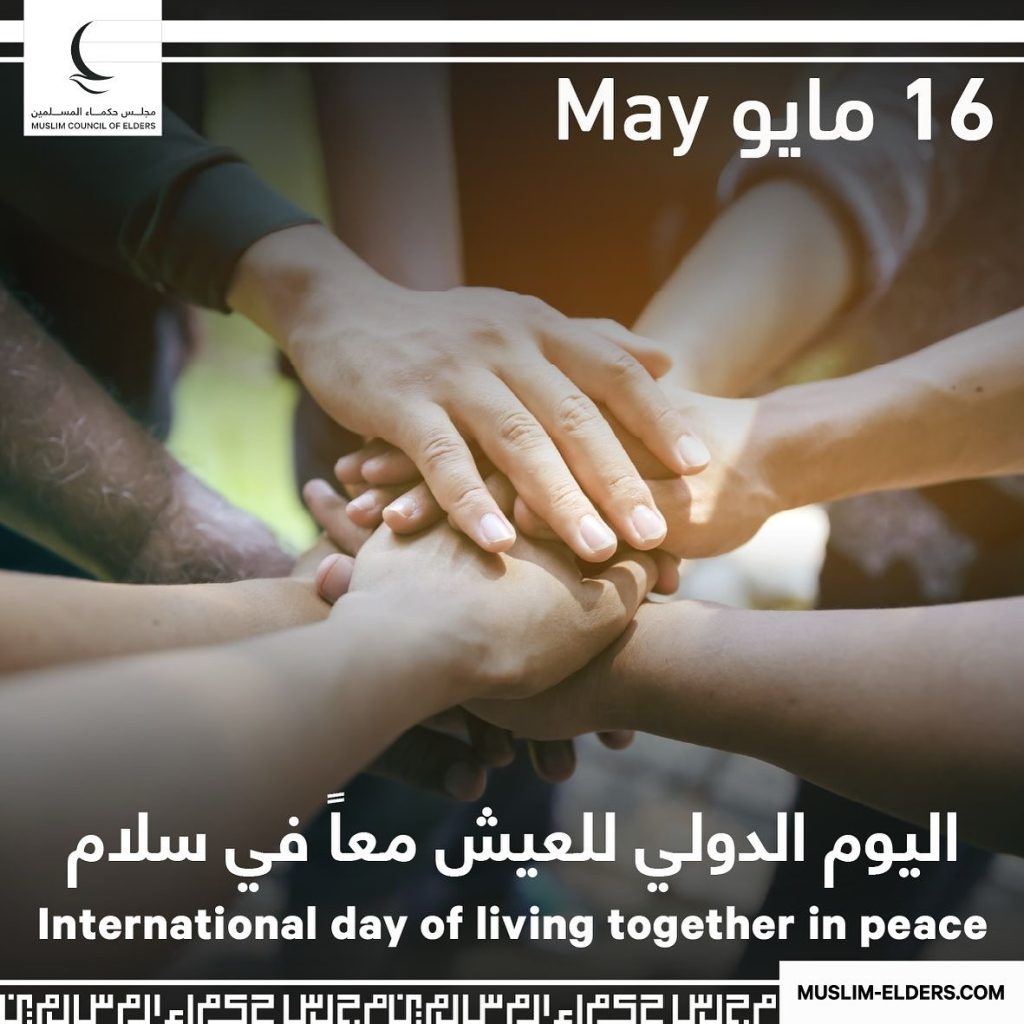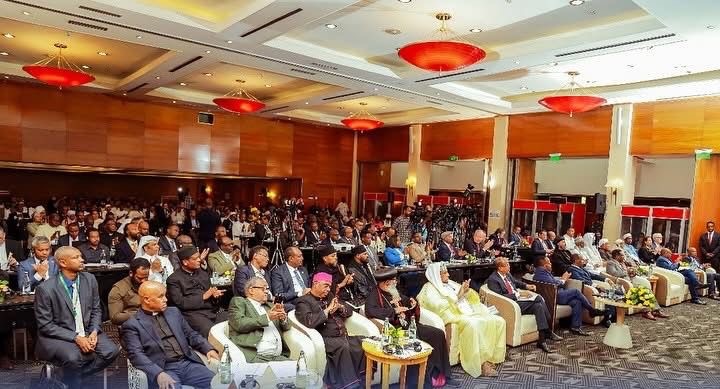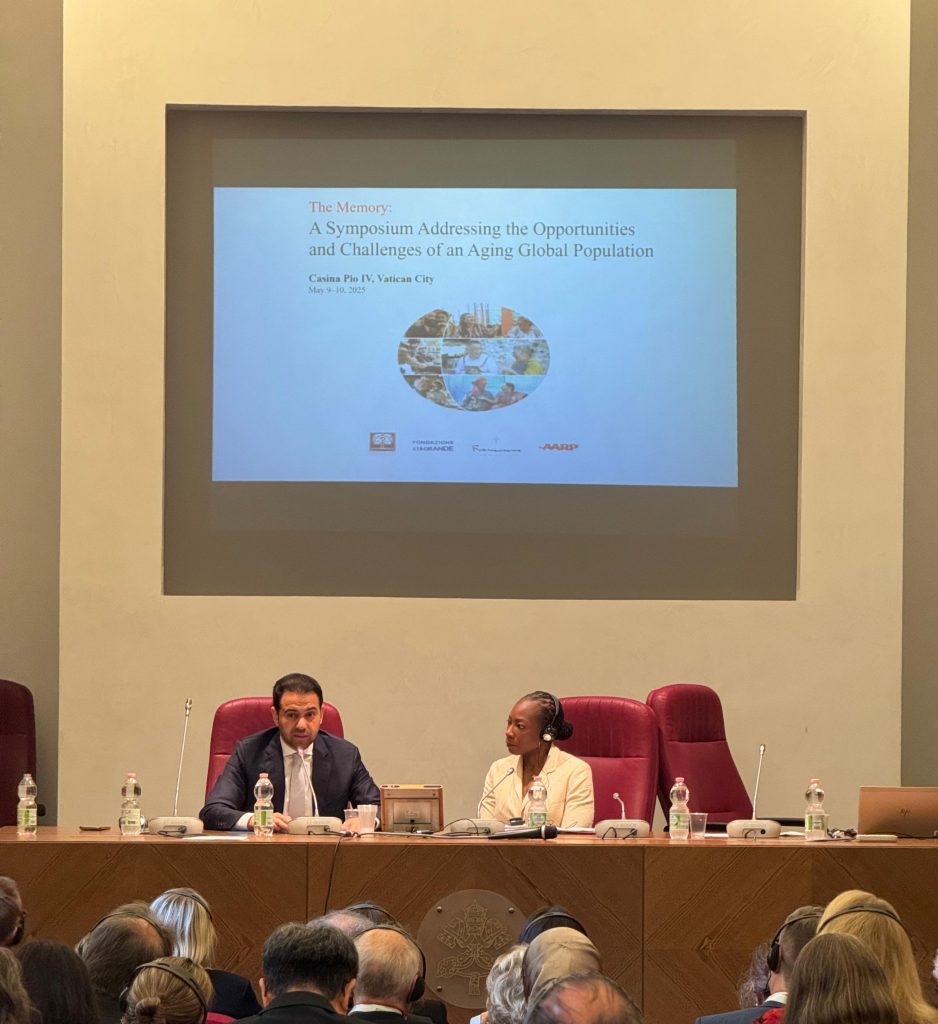Lebanese President Joseph Aoun Invites the Grand Imam of Al-Azhar, Chairman of the Muslim Council of Elders, to Visit Lebanon and Reopen the Azhar Institute in Beirut
Al-Azhar’s Grand Imam, Chairman of the Muslim Council of Elders: Lebanon is dear to every Arab and Muslim; we pray that it may be blessed with peace and security
Al-Azhar’s Grand Imam, Chairman of the Muslim Council of Elders, and the Lebanese President affirm the importance of the historic Document on Human Fraternity in promoting the values of citizenship
His Eminence Prof. Dr. Ahmed Al-Tayeb, Grand Imam of Al-Azhar and Chairman of the Muslim Council of Elders, received today, Monday, His Excellency President Joseph Aoun, President of the Republic of Lebanon, to discuss ways of enhancing mutual cooperation and addressing the challenges facing the region.
His Eminence the Grand Imam of Al-Azhar warmly welcomed the Lebanese President and his accompanying delegation. He affirmed that “Lebanon holds a special place in the heart of every Arab and Muslim. We follow its developments closely and fully recognize the difficult circumstances you are facing. We pray that God grants you success in unifying the Lebanese people, liberating Lebanese lands, and preserving national unity.” His Eminence further praised Lebanon’s rich diversity and the harmony among its religious communities.
His Excellency President Aoun, for his part, expressed his delight at making his first visit to Al-Azhar, voicing his appreciation for the Grand Imam’s leadership. “We closely follow your vision and your efforts to serve humanity and combat extremism. The world today is in dire need of wise voices like yours,” the President remarked.
During the meeting, His Excellency President Aoun extended an official invitation to His Eminence the Grand Imam, Chairman of the Muslim Council of Elders, to visit Lebanon and to oversee the reopening of the Azhar Institute in Beirut, which had suspended its operations due to the country’s difficult circumstances. The Grand Imam graciously accepted the invitation and affirmed his intention to visit Lebanon at the earliest opportunity. He also confirmed Al-Azhar’s readiness to reopen the Beirut-based institute, supplying it with top-tier scholars and educators, as well as authentic Azhar curricula and resources.
The conversation also highlighted the significance of the historic Document on Human Fraternity, signed by the Grand Imam, Chairman of the Muslim Council of Elders, and the late Pope Francis. Both sides emphasized the practical steps Al-Azhar and the Muslim Council of Elders have taken to engage with religious and cultural institutions worldwide. They also underscored the importance of a series of documents issued by Al-Azhar that have advanced the principle of “full citizenship” and rejected the divisive concept of “minorities.”

